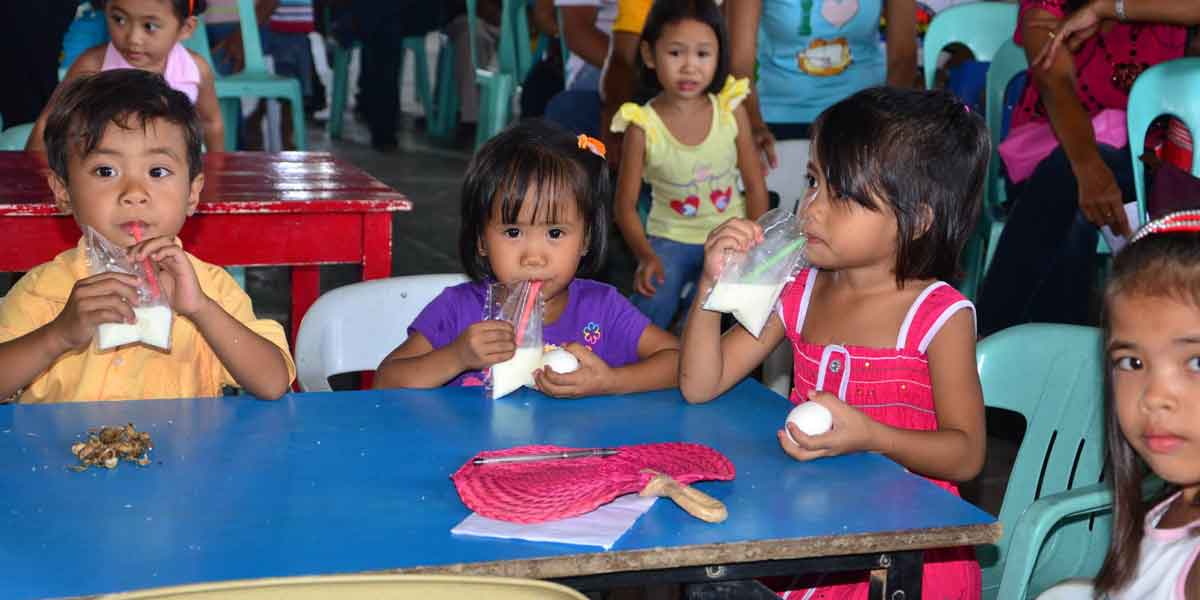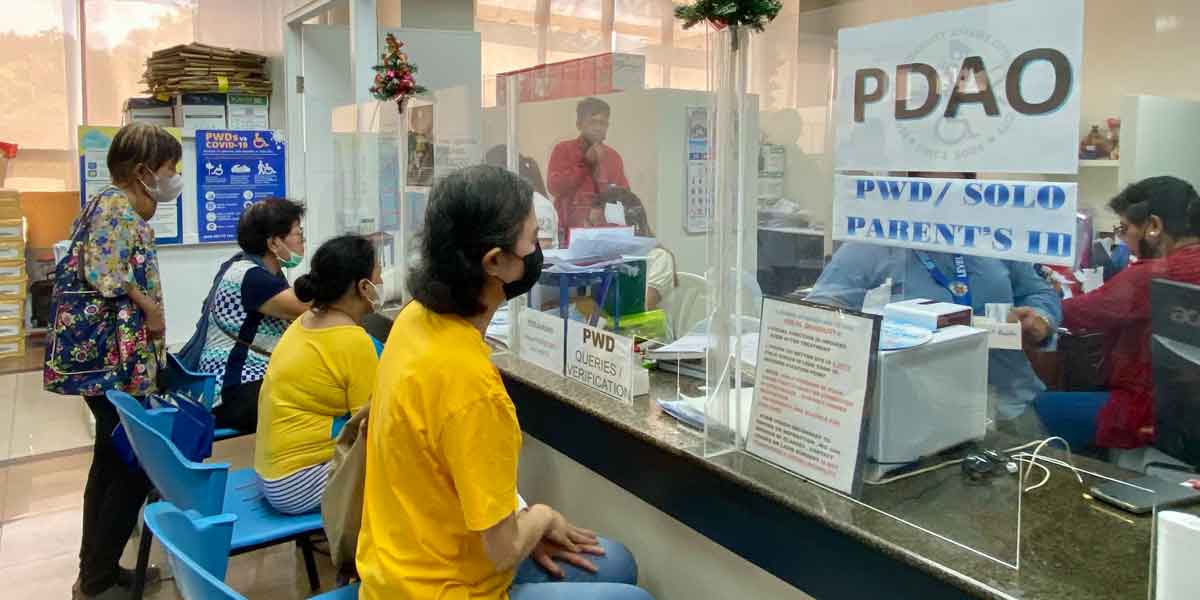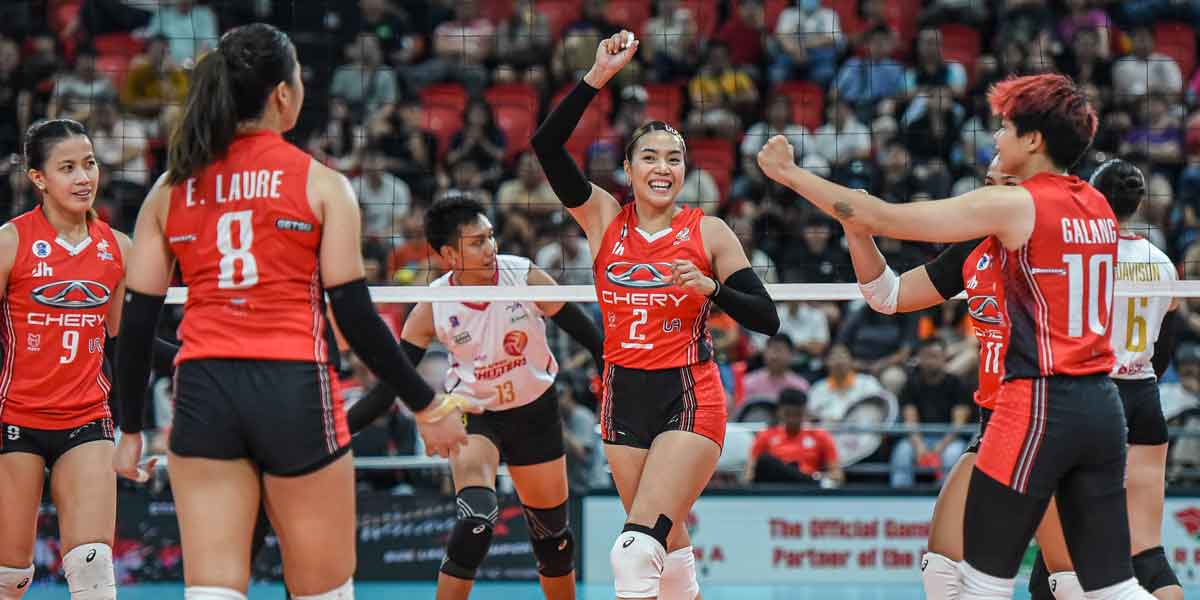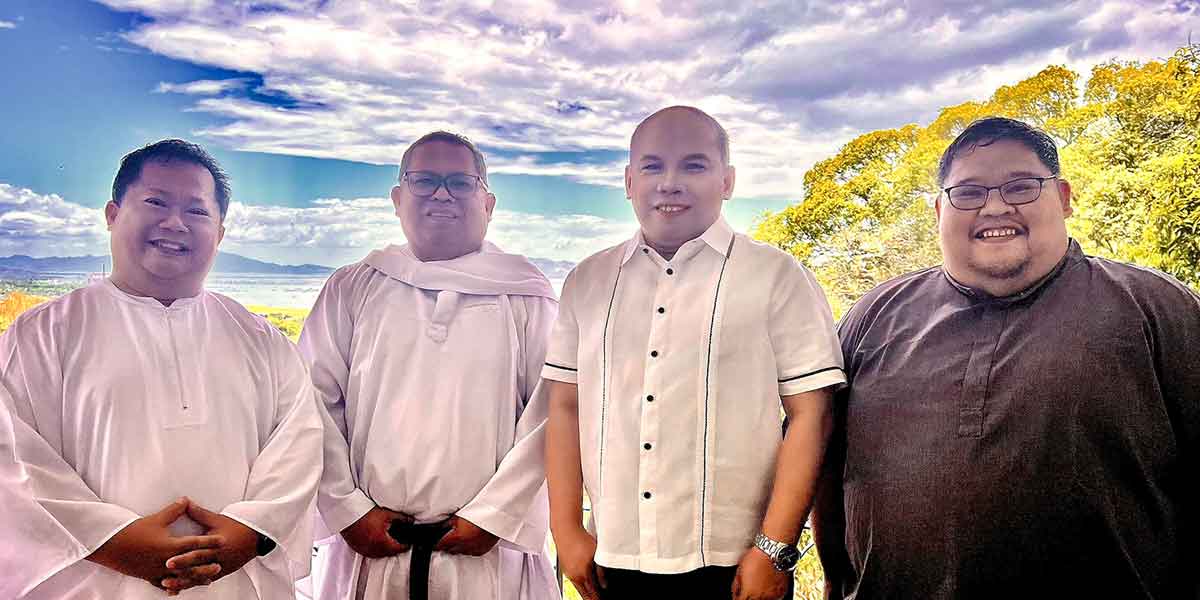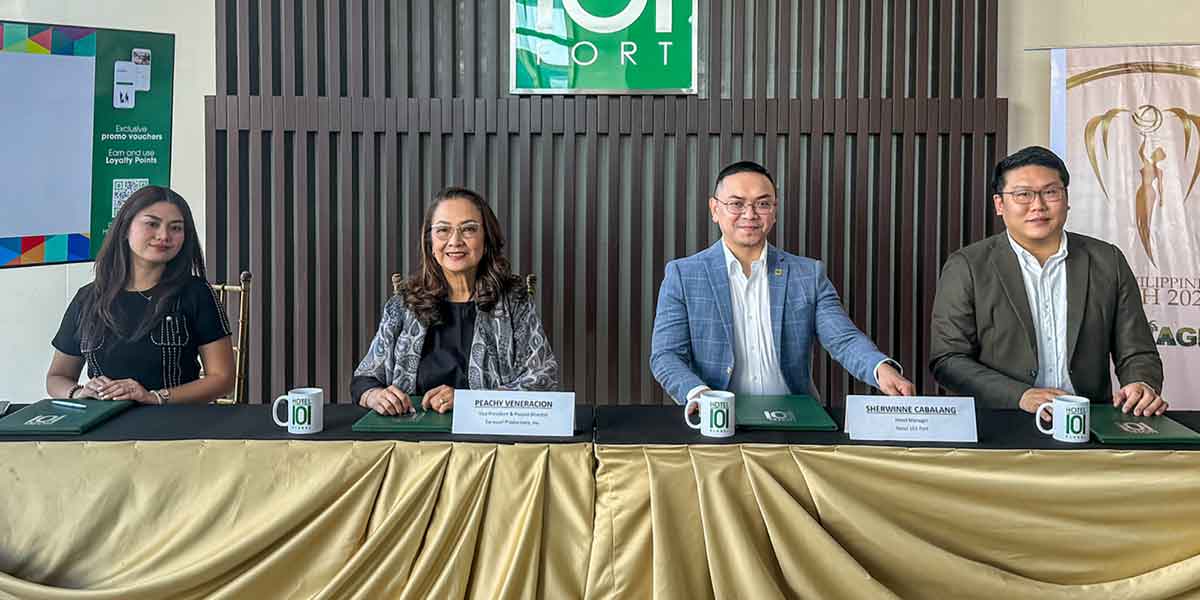By Joseph B.A. Marzan
An international organization keeping a close eye on the human rights situation in the Philippines has called on members of the United Nations Human Rights Council (UNHRC) for a more serious response to alleged human rights violations in the country.
The International Coalition for Human Rights in the Philippines (ICHRP) joined the fourth Universal Periodic Review (UPR) of the Philippines held at the UNHRC’s headquarters in Geneva, Switzerland.
The URP is a process conducted by the council’s 47 member states to evaluate and craft recommendations on the human rights situation of a country.
The Philippines’ last UPR was in 2017, covering the first half-year of the Duterte administration, and was expected to discuss the recent admin’s alleged human rights violations during its full six-year term.
As the UPR begins this week, ICHRP Chairperson Peter Murphy on Monday said that they “remain vigilant in advance of the proceedings, and reiterate our calls to all UNHRC member states to respond seriously to human rights violations that have occurred under former president [Rodrigo] Duterte, and continue under current president [Ferdinand Marcos Jr.].”
Murphy said that the UNHRC needs to recognize that the Philippine government under former president Rodrigo Duterte may have committed international human rights violations, not only in the context of the spate of extrajudicial killings, but also in other aspects.
“Even the International Criminal Court has recognized some of these rights violations as crimes against humanity. In our opinion, member states of the UNHRC have a long way to go if justice is to be served for these crimes against the Filipino people,” said Murphy in a statement.
“Workers and peasants face poverty, landlessness, and job insecurity. Hundreds of workers are driven out of the country every day in search of work. Yet the government of Duterte did little to create a support system for these people,” he added.
He emphasized that the UNHRC has an opportunity to take steps to address the situation, which he calls a “human rights crisis”.
The continued funding allocated to the National Task Force to End Local Communist Armed Conflict (NTF-ELCAC) was cited in Murphy’s statement as part of their call.
“Given the evidence, it is clear that all UNHRC member states contributing to today’s UPR session have a responsibility to make recommendations to the Philippines which would begin to address the human rights crisis. This includes investigation and prosecution of all those responsible for the many rights violations in the past five years,” he said.
“Even outside of the UPR recommendations, ICHRP calls on member states to respond seriously to this situation. Under the new Marcos administration, the rights violations and state of impunity established under Duterte continue. In particular, the NTF-ELCAC continues to receive enormous funding under the new administration, which it uses to surveil, intimidate, and attack progressives all across the country. Member states must take serious action and be critical of the brazen human rights violation record of the Duterte government, stop funding the counter-insurgency program of the current Marcos-Duterte administration, and push for a UNHRC-led investigation,” he concluded.
In time for the UPR, the ICHRP released the final compendium report of Investigate PH, an initiative it led with other Philippines-based civil society organizations, to further substantiate the report of the UN’s Office of the High Commissioner for Human Rights.
The report looked into the Duterte government’s so-called ‘War on Drugs’ and related extrajudicial killings, as well as the displacement of Moros in Mindanao, neglect of Overseas Filipinos Workers, women, the Lesbian, Gay, Bisexual, Transgender, Queer and other (LGBTQ+) person, and Indigenous Peoples, and other important economic, social, and cultural rights, among others.
The report concluded that “The historic conditions of domination by a foreign power, poverty, landlessness, exploitation, repression, and rebellion of Filipino society have been exacerbated by the anti-people policies of the Duterte government since it came to power in July 2016.”
“Because of the government’s neoliberal economic program, landlessness and unemployment have increased, poverty has widened, and extrajudicial killings of civilians by state forces in these five-and-a-half years have long surpassed those during the fourteen years of the notorious Marcos Dictatorship. Women, children and Indigenous People have especially suffered,” the conclusion also stated.
The ICHRP is a network of organizations concerned about the human rights situation in the Philippines and advocates for just and lasting peace in the country.

